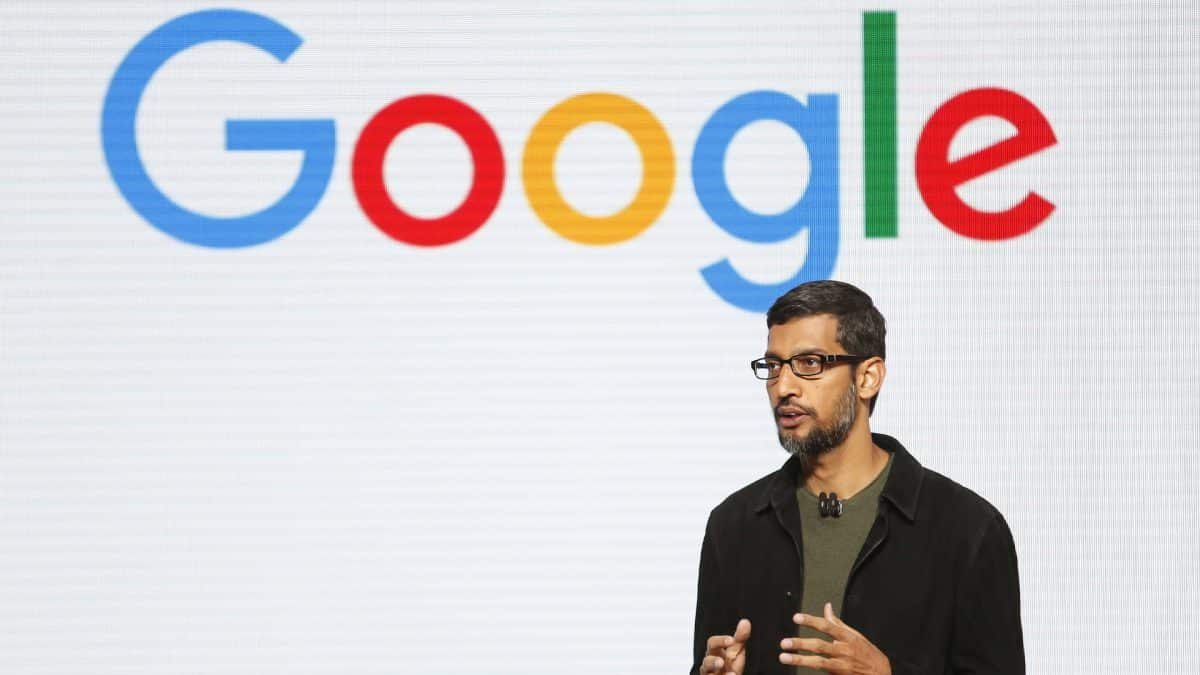
Google is facing its second antitrust trial since September 2023, this time focusing on its dominance in the advertising technology sector. The US Department of Justice (DOJ) has filed a lawsuit against Google, alleging that its advertising services have created an unfair competitive environment, leading to monopolistic control over the ad-tech industry and driving up costs for advertisers. The trial, which is set to begin in Alexandria, Virginia on Monday, will examine Google’s less visible technologies that connect website publishers with advertisers.
These tools are a significant part of Google’s advertising business, which contributed to over 75 per cent of the company’s $307.4 billion revenue last year. Brian Wieser, an advertising consultant and financial analyst, highlighted the scale of Google’s influence, noting that it is the largest seller of advertising globally.

He remarked that Google’s reach extends throughout the industry, either directly or indirectly, affecting virtually every player in the market. This case follows a ruling in August that found Google guilty of creating a monopoly in the search engine market, disadvantaging competitors such as DuckDuckGo, Bing, and Yelp through anti-competitive practices. Google argued that its superior search engine technology justified its dominant position, a defence it is likely to use in the upcoming trial as well.
Google’s arguments and industry impact Google has contested the DOJ’s claims, arguing that its share of the broader advertising market—including social media, streaming TV, and apps — is 30 per cent or less. The company contends that the DOJ’s focus on website advertising does not account for the intense competition it faces in other areas of the ad market. Potential witnesses in the trial include competitors like Trade Desk and Comcast, as well as publishing companies such as PubMatic.
The case will also explore the impact of Google’s advertising technology on news organisations. A study by Northwestern University revealed that one-third of U.S.
newspapers have closed or been sold since 2005, a trend attributed to the consolidation in the advertising market. Jonathan Kanter, the DOJ’s antitrust chief, has highlighted how the consolidation has posed a threat to journalism. Current or former executives from News Corp, the Daily Mail, and Gannett, all of which have previously sued Google, may also provide testimony.
Google plans to call small businesses and publishers as witnesses, arguing that breaking up its ad operations could hinder innovation, increase advertising costs, and impede growth for small companies. Legal implications and what it means for the ad market The DOJ’s lawsuit criticises Google’s control over the ad buying, selling, and exchange processes, with some critics comparing Google’s dominance to if a major financial institution owned a major stock exchange. The DOJ argues that Google has forced key competitors out of the ad tech market, discouraged new entrants, and marginalised remaining competitors.
Google’s response is expected to label the lawsuit as “backward looking” and “out of touch with reality.” The trial, anticipated to last several weeks, will take place in Alexandria, Virginia, with both sides working towards a resolution. The DOJ is expected to submit a detailed remedy proposal to Google by the end of the year, and a solution is anticipated by August 2025.
As the search engine case nears its conclusion, this new trial will scrutinise Google’s role in the ad-tech sector, potentially reshaping the landscape of digital advertising and competition..













